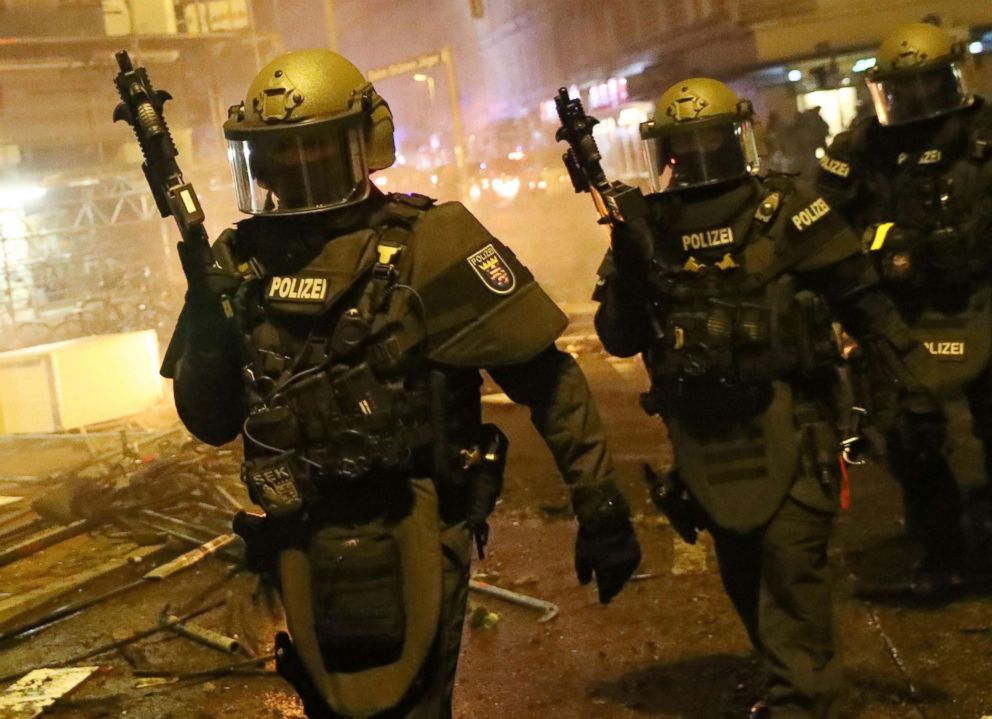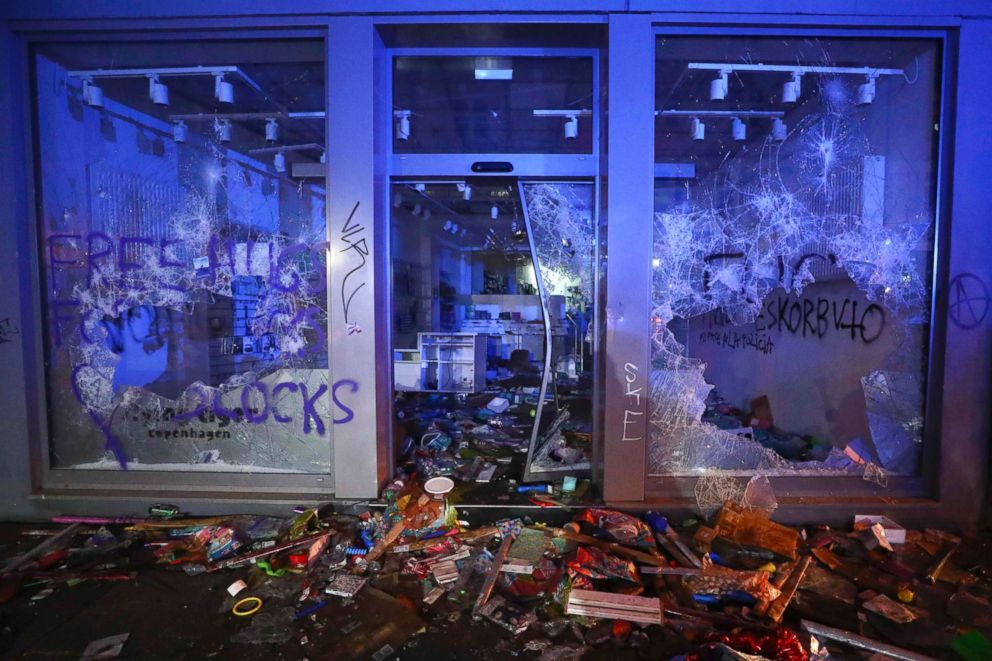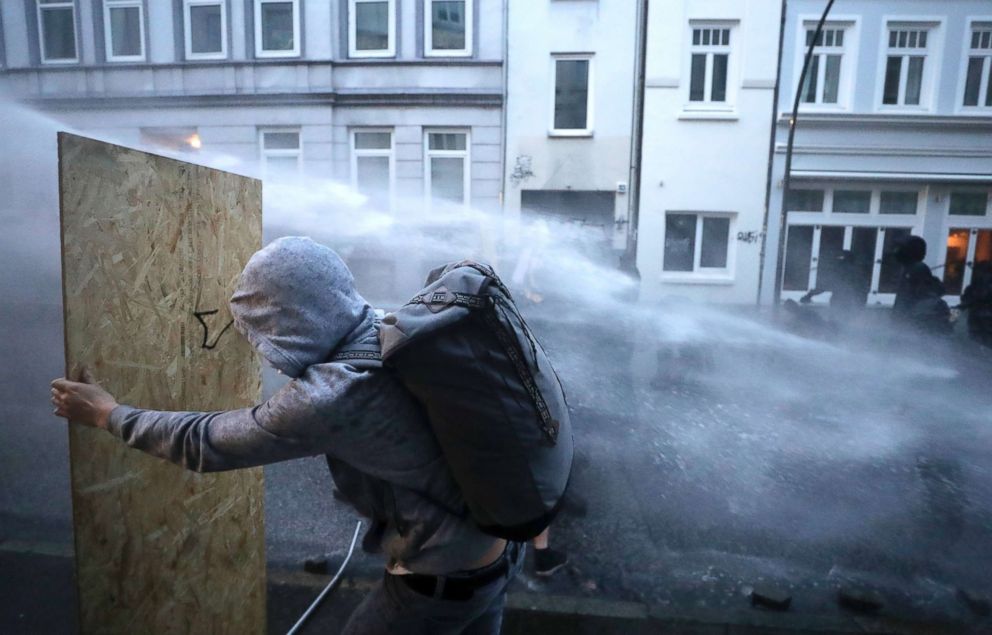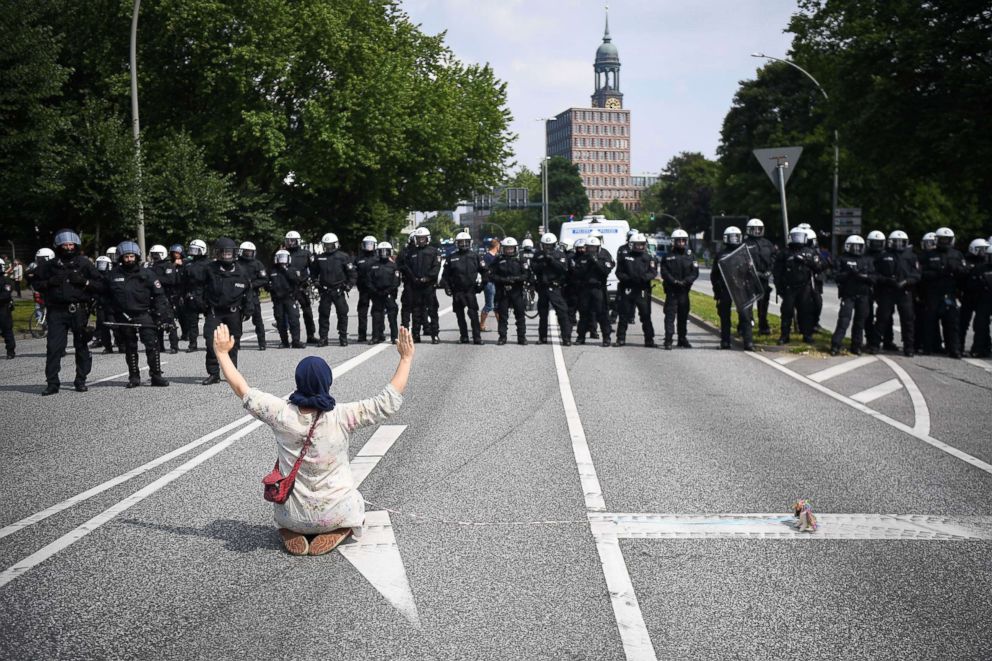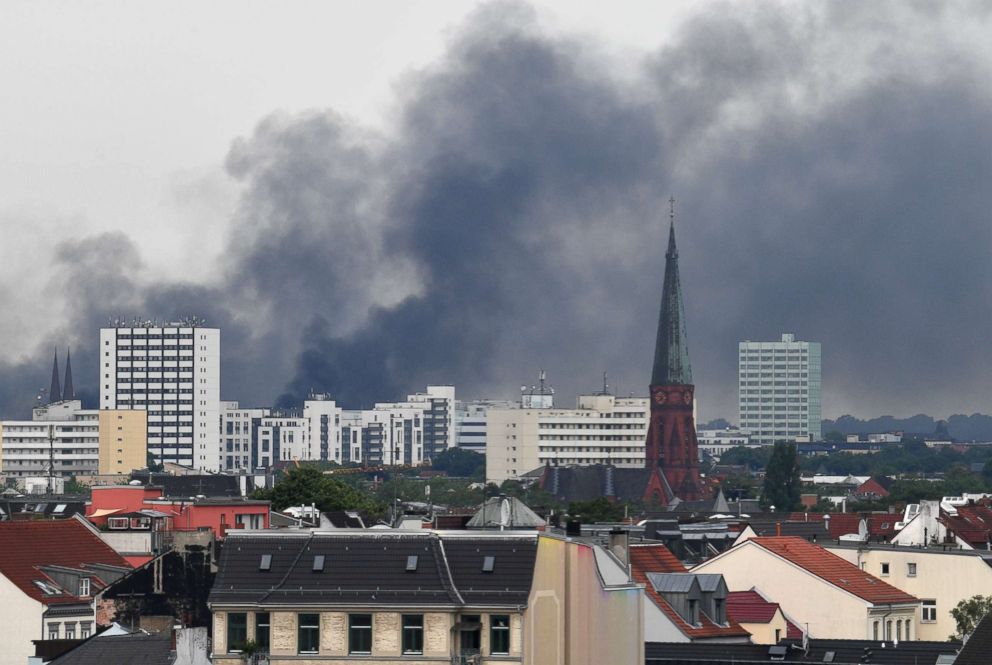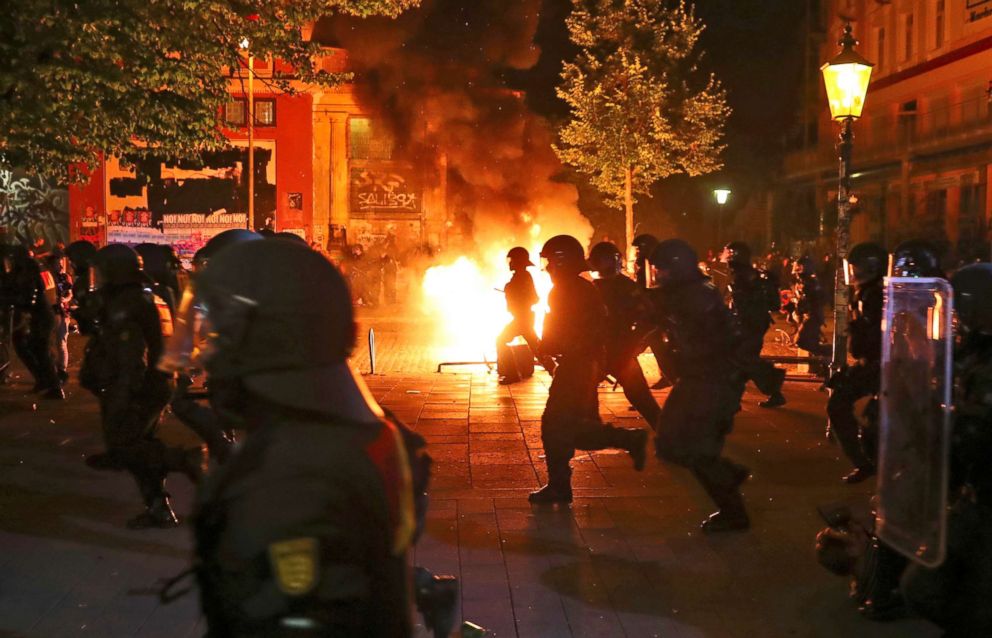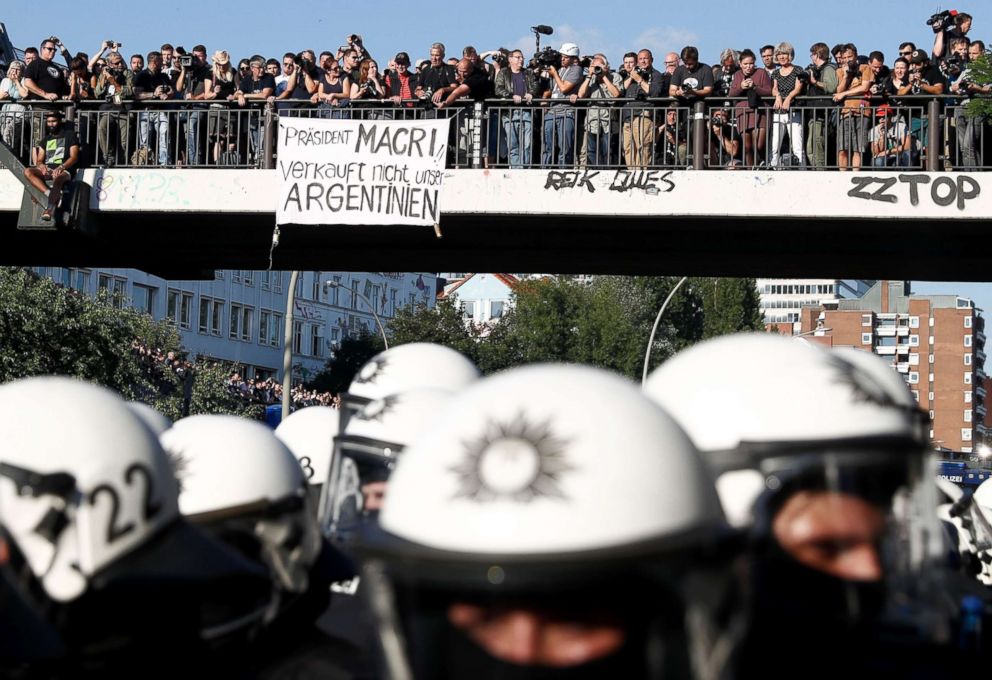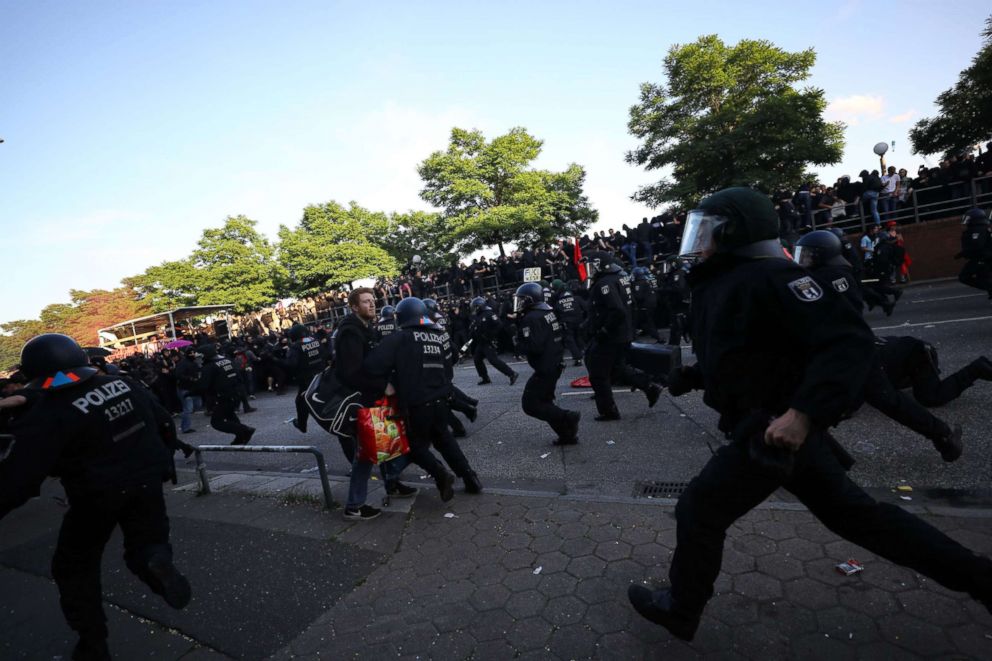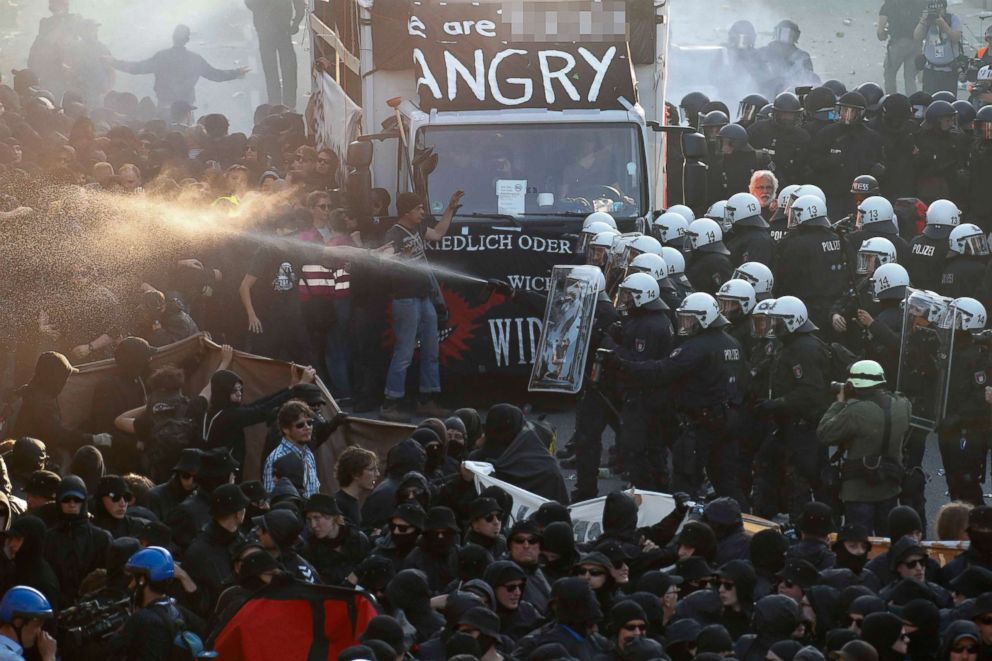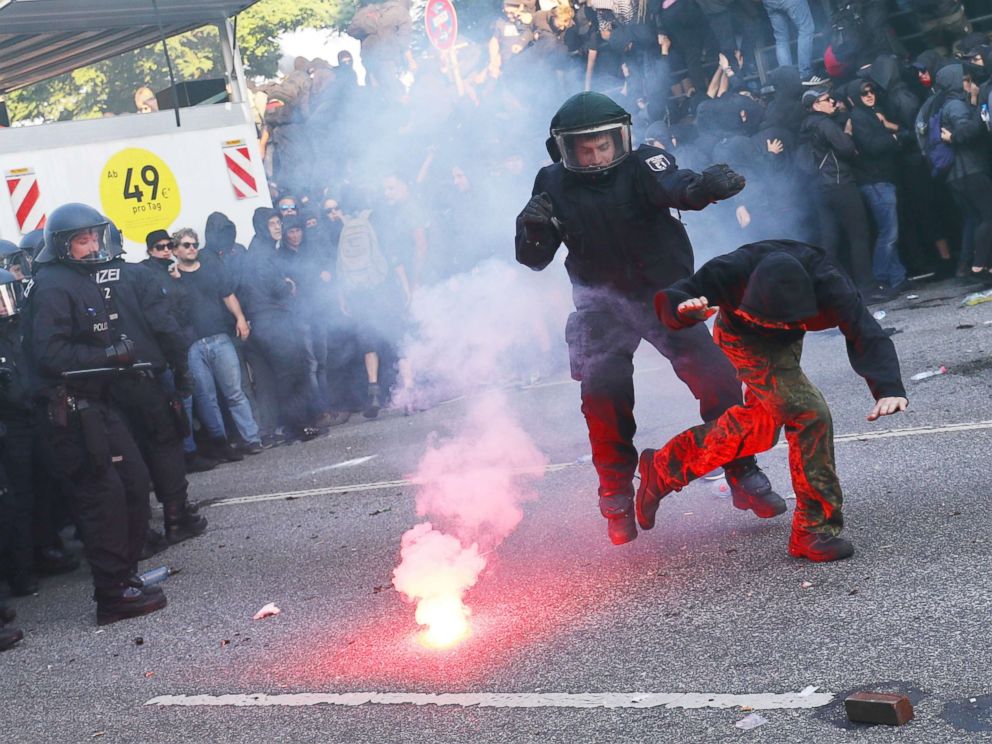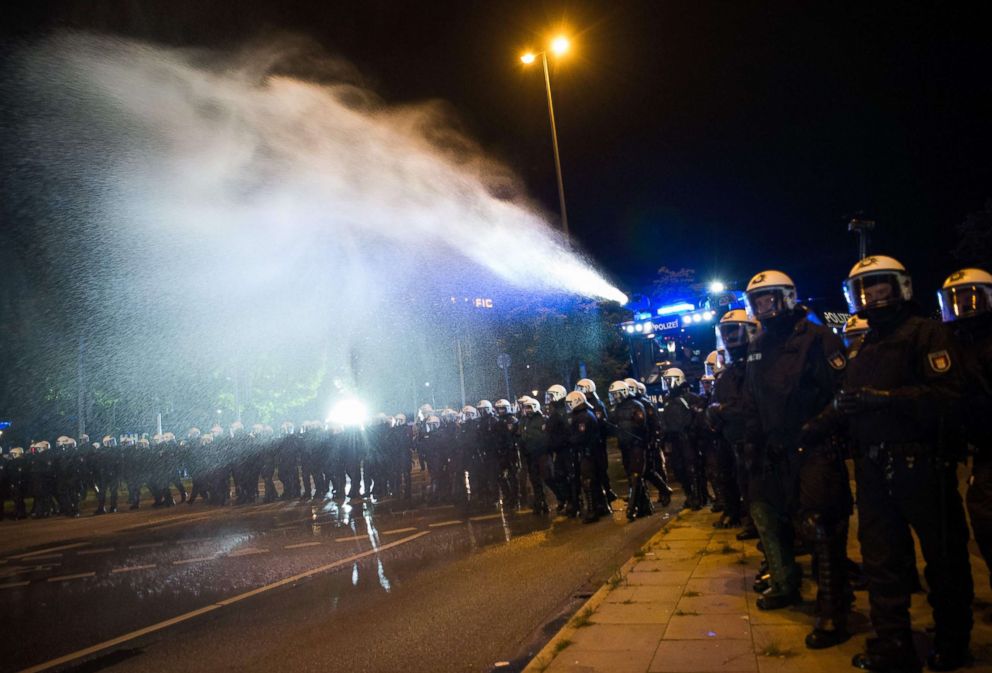What you need to know about the G-20
The annual meeting of G-20 will be held July 7 and 8.
— -- On Wednesday, President Donald Trump set off on the second foreign trip of his presidency, during which he will attend the G-20 summit in Germany. His attendance is an opportunity for the new president to work alongside the world’s other great economic and political powers.
In a White House statement regarding the trip, press secretary Sean Spicer said, “The visit will reaffirm America’s steadfast commitment to one of our closest European allies and emphasize the administration’s priority of strengthening NATO’s collective defense.”
This year, the G-20 will be held on July 7 and 8 in Hamburg. In Warsaw before the summit, Trump met with President Andrzej Duda of Poland, a key NATO ally, and plans to meet with Russian President Vladimir Putin on Friday on the sidelines of the summit.
Here’s what you need to know about the annual meeting.
What is the G-20?
According to the G-20’s website, the group consists of 19 countries and the European Union, which meet annually to discuss international financial and economic issues. Each year, the countries rotate which one chairs the meeting. This year Germany holds the G-20 presidency.
Since the inaugural meeting of the G-20 in 2008, member nations’ heads of government have been meeting in a confidential setting to propose an international agenda that serves sustainable economic growth and protects the stability of international financial systems. While the focus of the meeting is largely economic, issues such as climate change, labor regulations and counterterrorism are also highlighted. New topics to the G-20 meeting this year include sustainable economic development, refugee migration, cooperation with African states, global health and women’s economic empowerment.
The members include some of the most influential players on the global stage, and resolutions crafted by the G-20 often put pressure on the United Nations to implement binding agreements, with the latest example being the Paris Climate Agreement.
While the meeting of government leaders is the focus of the G-20, their ministers will gather to discuss their specific issues as well.
Protesters clash with police at the G-20 summit in Germany

Which countries take part in the G-20?
The 19 member nations are Argentina, Australia, Brazil, Canada, China, France, Germany, India, Indonesia, Italy, Japan, Mexico, Russia, Saudi Arabia, South Africa, South Korea, Turkey, the United Kingdom and the United States. Collectively, these countries account for 80 percent of the world economic output, three-fourths of world trade and two-thirds of the global population.
In addition to these member nations, a number of international agencies are also regularly invited to attend the meeting. These organizations include the International Labor Organization, the International Monetary Fund, the Financial Stability Board, the World Bank, the World Trade Organization, the Organisation for Economic Cooperation and Development and the United Nations.
Guest nations have been invited by Germany to attend this year’s summit. Spain remains a permanent guest, and Norway, the Netherlands and Singapore have been designated partners in this year’s G-20 process. Guinea, Vietnam and Senegal will represent the African Union, the Asia-Pacific Economic Cooperation, and the New Partnership for Africa’s Development, respectively.
Trump and the G-20
Trump, a vocal proponent of an America-first agenda, will be attending the summit focused on collective global action for the first time. He has backed out of international accords such as the Paris Climate Agreement, which was influenced by the 2015 G-20 summit, and the Trans-Pacific Partnership.
That said, Trump has been hesitant to legally alter other components of the international order that he promised to challenge during his presidential campaign, attacking global agreements in rhetoric rather than in writing. His attendance at the summit may be revealing of next steps when it comes to his administration’s foreign policies.
